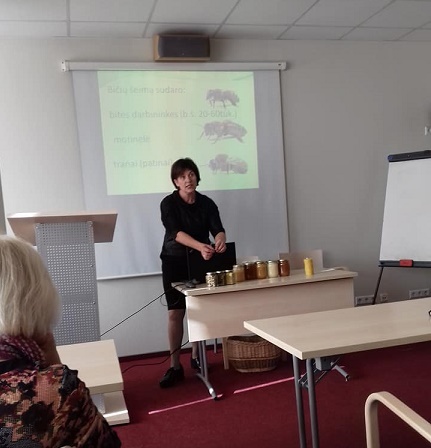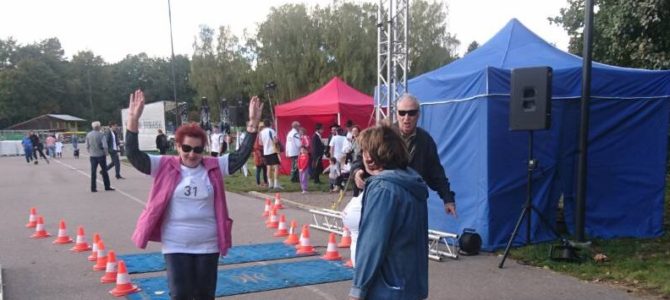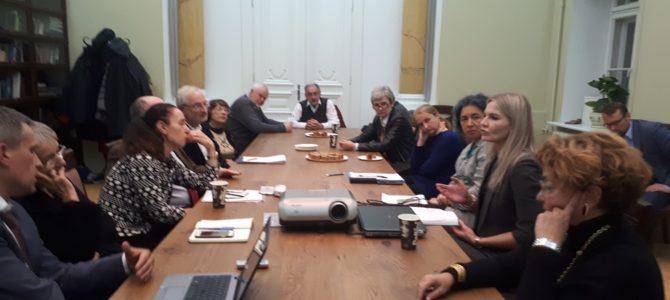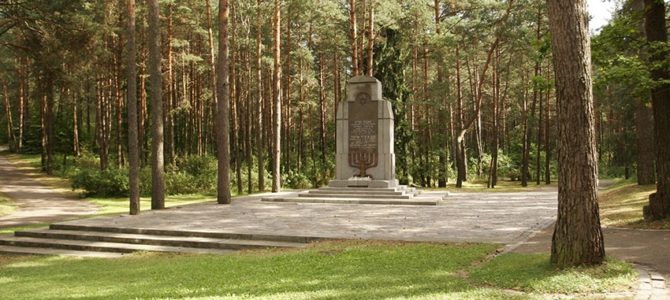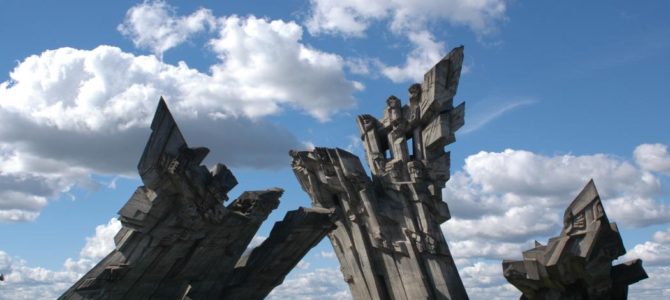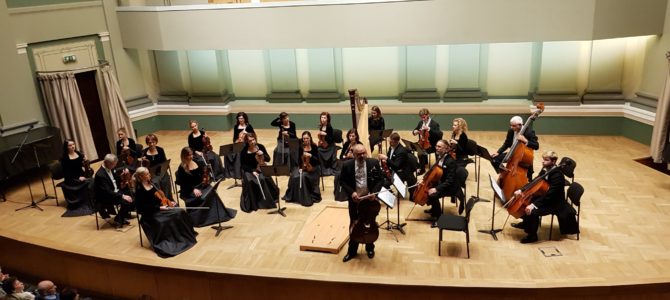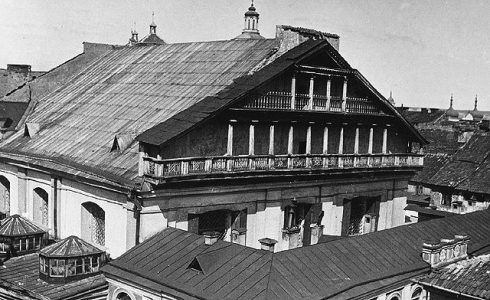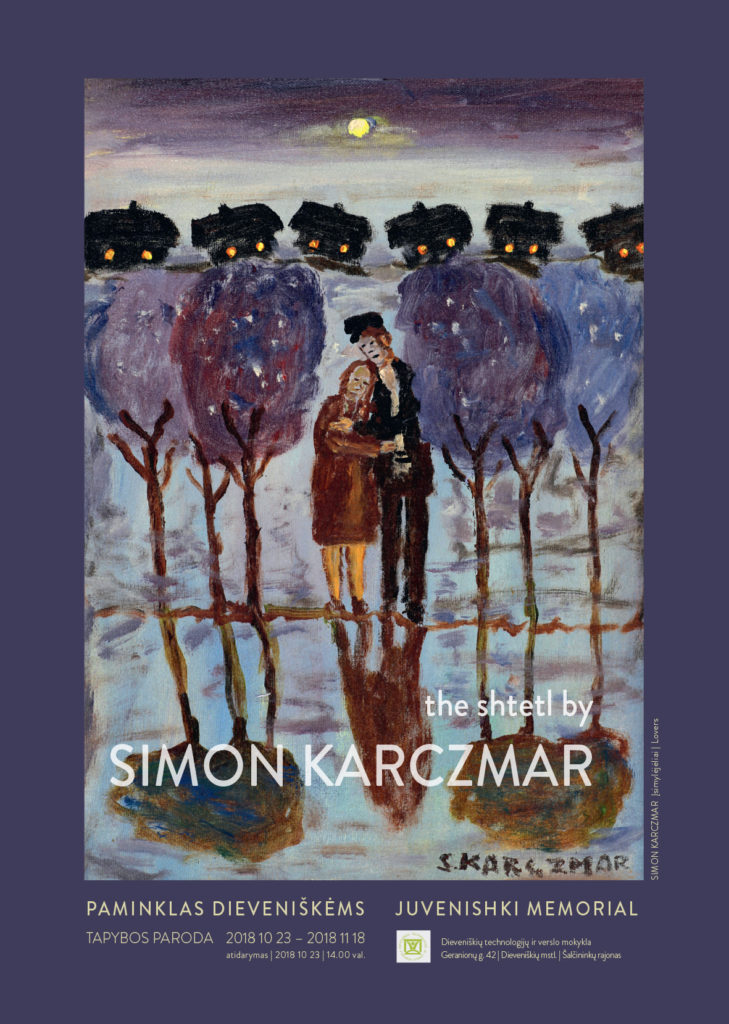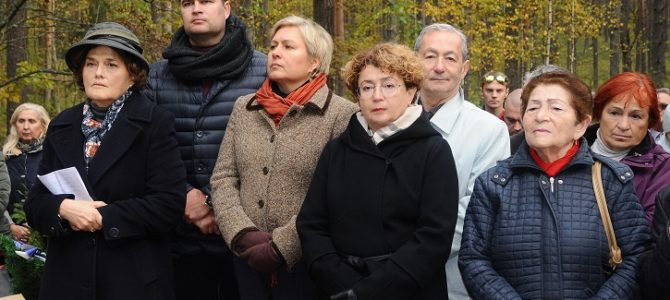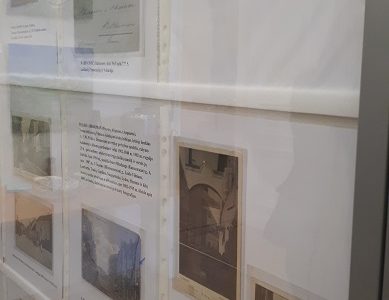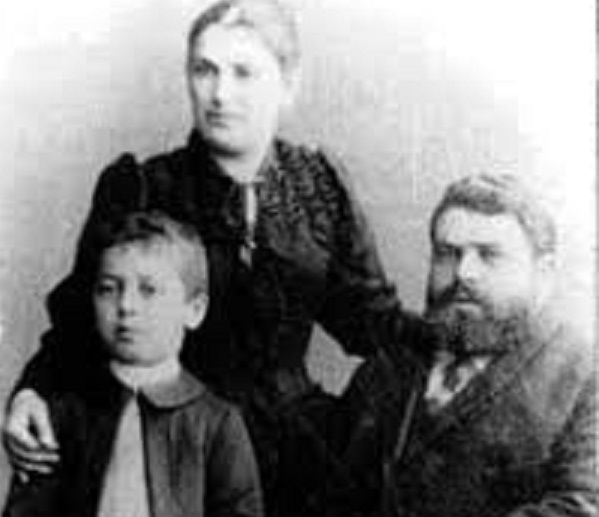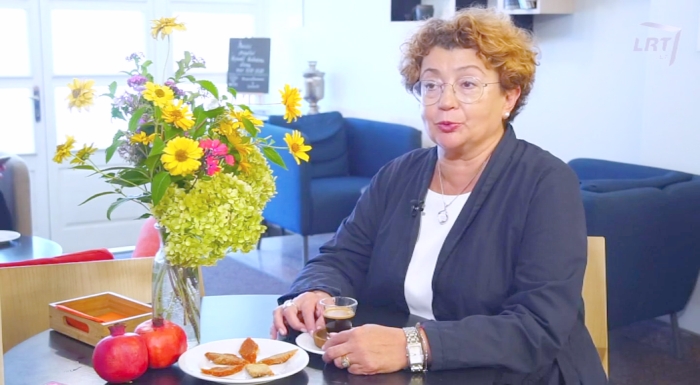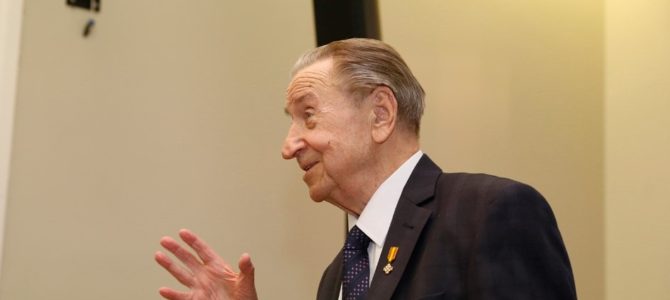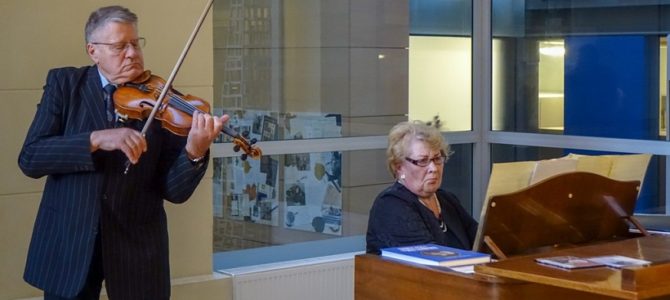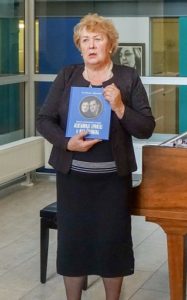September 23 is marked as the Day of Remembrance of the Lithuanian Jewish Victims of Genocide. On that day members of the Šiauliai Regional Jewish Community gathered in the Luponiai Forest near the village of Kužiai in the Šiauliai region where over 8,000 Jews were murdered. A moment of silence was observed in memory of the victims, flowers were placed on the monument and candles lit. Speakers recalled the events of history. From there members travelled to the Šiauliai ghetto to honor the victims there as well.
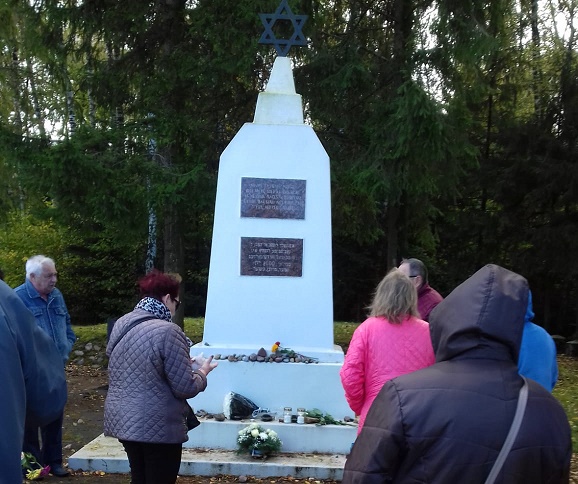
Community members also honored the victims at the Bubiai and Žagarė mass murder sites. Historical sources say two ghettos were established after the Germans entered Šiauliai. The prisoners there were murdered, some in the Luponiai Forest while others were sent to the Žagarė ghetto. Aleksandras Rabinovičius located the mass murder site in Luponiai Forest with the help of locals. The people of Šiauliai erected a commemorative obelisk and signs and built footpaths there.
On October 21 members of the Šiauliai Regional Jewish Community met Roma Mačienë, a pioneer in ecological bee-keeping. She related much new information to members about bees, bee species, that bees have five eyes and they also have a keen sense of smell. In the world of bees it’s important to have a good, strong family which is able to reproduce to insure the continuity of the line, the basis of all life. The bee-keeper called bee products a miracle of miracles. Members learned about honey but also pollen and other products produced by bees.
